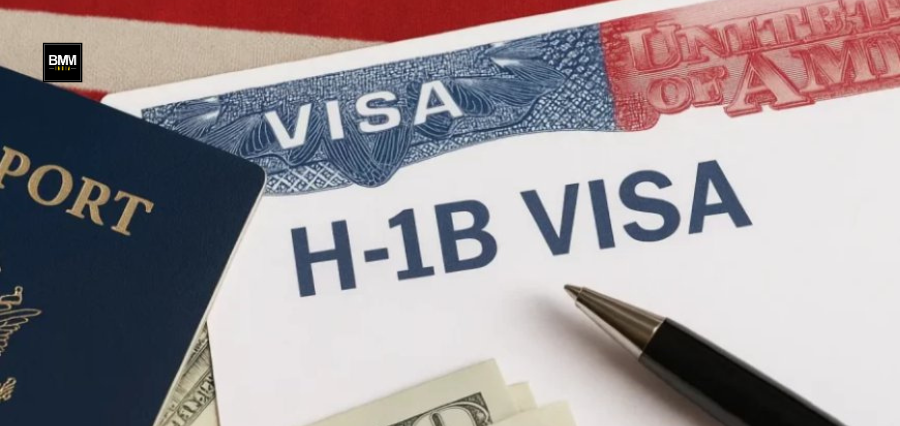Key Highlights :
The Trump administration imposes a one-time $100,000 fee on all new H-1B visa applications for foreign applicants.
Indian nationals, accounting for 71% of all H-1B approvals, will be hit the hardest.
The new fee does not apply to renewals and existing H-1B holders; it will only be applied to new applicants, except in cases of limited exceptions for national interest.
Key Background :
The H-1B visa scheme has been an important gateway for foreign skilled workers to come to America to work, particularly in tech, healthcare, and engineering. American companies rely significantly on H-1B workers to cover highly technical jobs often beset by insufficient numbers of skilled domestic candidates. India has traditionally dominated H-1B allocation year after year with its huge reservoir of highly qualified technology, engineering, mathematics, and science (STEM) professionals.
In fiscal year 2024, the number of nearly 400,000 approved H-1B petitions included more than two-thirds going to Indian nationals. This very high reliance indicates the intimate association between U.S. companies and Indian pools of talent. The beneficiaries also cover Chinese employees, Filipinos, Canadians, and South Koreans, but with much lower ratios.
The critics of the program say that it has also been exploited by certain corporations to save costs and not hire American workers. Some accuse H-1B workers of sometimes being paid lower salaries than their local counterparts, creating wage disparities. The supporters, however, point to the role of the program in sustaining U.S. competitiveness, innovation, and prosperity in industries with desperate shortages of skills.
The $100,000 fee is stated by the administration to be a way of deterring abuse but at the same time permitting only those firms that genuinely have high-priority needs to apply for sponsorship. The employers are to be required to produce evidence of payment, with enforcement and audit powers assigned to the Departments of Homeland Security, State, and Labor. Exemptions are to be drastically curtailed and tied to the U.S. national interest, e.g., essential industries or urgent skills.
Earlier, there was doubt as to whether the charge would be annual or include renewals. Official clarification later emerged that it is a once-off for new applicants. The initiative is for a period of 12 months, but it can be prolonged or changed based on its impact.
The action has stimulated opposition both in India and among US business interests. Indian officials promise chaos to families and experts, and American high-tech firms worry about higher costs, talent deficits, and threats to innovation. Experts predict the charge will reduce the number of applications and prompt businesses to seek talent elsewhere outside the United States.
About the Author
Abhishek Roy
Abhishek Roy is a Managing Editor at Business Minds Media India.

